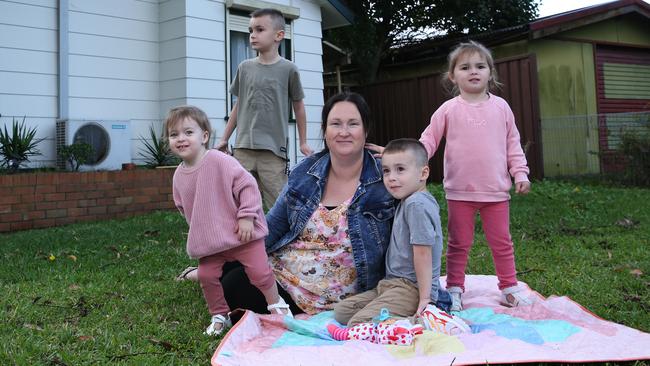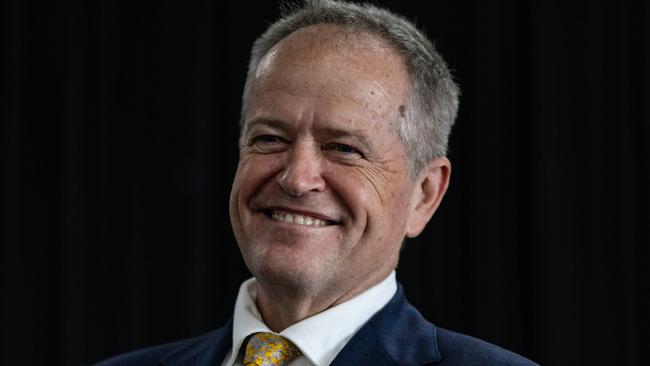Budget 2024: Early disability support helps free ‘a head full of words’
Sydney mum Cara Delarue is determined to ensure her young children with disability have their best chance at a full life through early supports delivered by the NDIS.

Sydney mother of four Cara Delarue has a lot on her plate.
Her eldest, Elijah, 6 and in year 1, has a diagnosis of autism and is one of the 640,000 Australians receiving support through the National Disability Insurance Scheme. Cohen, 4, and Madelyn 3, are also on the NDIS with global developmental delay.
The NDIS funds the children’s support such as speech and occupational therapy, psychology and physiotherapy. When Elijah was three he was non-verbal, but, as Ms Delarue says “he had a head full of words”. Now he is talking so well he no longer needs speech therapy. It’s an example of the benefit of early interventions for children with developmental concerns.
Ms Delarue, 36, is pouring her energy into getting the children to and from these supports, leaving no time for a full-time career or even part-time work. She worries her youngest, Ivory, might also need disability supports, but that the rules of the NDIS might soon change.
“I sometimes stop and think that all my time is being consumed with these therapies for my kids, but if I didn’t do it there would be no light at the end of the tunnel for them,” she says. “It’s giving them the best chance for their independence, and that’s all I want for them.”

Ms Delarue is aware the federal and state governments are looking at ways to take pressure off the NDIS, which is costing the budget $42bn this year, including finding support pathways for more kids with autism in mainstream settings.
Fifty-four per cent of NDIS participants are 18 and under, and 230,000 participants have a primary diagnosis of autism.
NDIS Minister Bill Shorten has said children with autism will still be covered by the NDIS if their needs require it, but there were some who should be able to get the services needed outside the scheme, such as in schools and childcare.

He said no child would lose their NDIS funding until those services were available outside the scheme. An agreement between the federal and state governments over GST allocations has seen an estimated $10bn over five years allocated to this task, but the states have raised doubts about the parameters of the deal.
And with NDIS costs having been projected to rise to more than $100bn by 2032, slowing the cost trajectory is critical to the health of the federal budget.
One of the reasons for the higher-than-anticipated NDIS cost is that people aren’t leaving it in the numbers expected.
Ms Delarue says she’s seen the benefits of the NDIS, and is hopeful her children won’t be on the scheme for the rest of their lives.







To join the conversation, please log in. Don't have an account? Register
Join the conversation, you are commenting as Logout